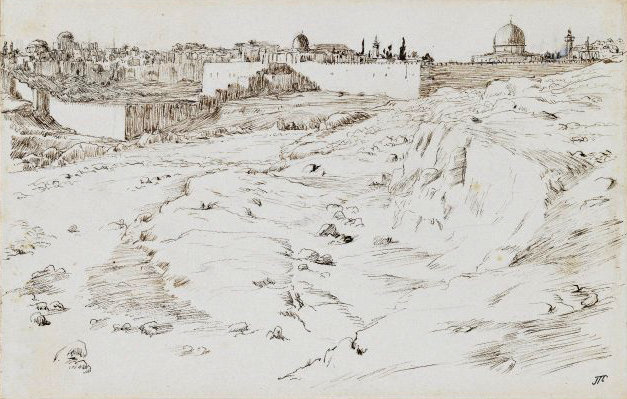St. Irenaeus (28 Jun 2016) Am 3. 1-8; 4. 11-12; Ps 5; Mt 8. 23-27
Homily of Fr. Paul Panaretos, S.J., 8-day retreat
Staying
An apt grace at this point in retreats may be named staying. The person who directed one of my early retreats recommended I beg for it.You may have heard your director in one way or another urge you to stay in your retreat and not dwell on what may await you. Our typically faster paced ways in the world recommend that urging; we need it when the enemy of our human nature distracts us with our usual ways we are in the world. Savoring helps us cooperate with the staying-grace. Keep savoring, relishing, luxuriating in, keep appreciating God’s life offered you today. Even spiritual “desolation is a new life waiting to break through” in us.1
Savoring lets us be more aware or newly aware God in Jesus by Holy Spirit creates us each moment. Our felt knowledge that God creates us now is worth savoring. It is each one’s personal relationship with our triune God. Moments ago we heard that graced-self knowledge expressed in prophetic language: You alone have I known. Lending God his voice, Amos reminded God’s people then—and us now—they were not trivia before God but God’s intimates. Our relationship with God and God with us shapes our way to live in the world with responsibilities as well as freedom.
 Clearer vision of our responsibilities and our loyalties lets us notice they are not all equal; some are more significant. That clarity helps us notice our freedom as Jesus’ dear ones. Our freedom is his, the freedom he enjoyed as God’s Beloved. Jesus entrusts his freedom to us. Savoring it helps it be our second nature. Prophet Amos invites us to relish our freedom in Jesus—despite his harsh message to Israel.
Clearer vision of our responsibilities and our loyalties lets us notice they are not all equal; some are more significant. That clarity helps us notice our freedom as Jesus’ dear ones. Our freedom is his, the freedom he enjoyed as God’s Beloved. Jesus entrusts his freedom to us. Savoring it helps it be our second nature. Prophet Amos invites us to relish our freedom in Jesus—despite his harsh message to Israel.
Amos began his message with questions; his hearers knew the answers. I got lost in two of them: lions roar when they sight prey; and they growl contentedly over their nourishment.2 Lost in his image let me notice: praying seeks divine nourishment. Our seeking opens on to relishing nourishment received. Amos and Ignatius together suggest each of us ask: Have I purred contentedly over my graces? Do we stay in the contentment God’s consolation offers us? Contentment may not have come readily for some us; we may have had to hike a trail away from the house so we could thunder at God in dismay or whoop over noticing God sustaining us, freeing us—again or for the first time.
Staying with and relishing our nourishing graces engages our true selves. When he prayed Ignatius would seek God’s nourishing life for him this way: ‘Ignatius would tell God what worried him, what he desired, or what he wanted to find out.’3 Ignatian praying frees us to do the same and more: esp. to feel awe and express “surging emotion” for the ways the Trinity creates and sustains us.4
Asking for this graced felt-knowledge, savouring it when we receive it and revisiting it free us. We are free to feel Jesus creating us, to feel Jesus saving us from the storms of our making and ones beyond our control. Being saved allows us to hear the endearing name by which Jesus calls each of us, “You of little faith, I am here for you; rely on me.”
______________________
- William Broderick, S.J. “First Week: Rules of Discernment,” Way Suppl. 48 (1983), p. 35.
- For the common wisdom that allowed hearers to understand Amos, see, for example, Is 5.29; 31.4; Ps 104.21.
- Annmiek van Campen used present tense verbs (tells, desires, wants) to describe Ignatius praying in “The Mystical Way of Images and Choice,” Way Suppl. 103 (2002), p.10.
- Spiritual Exercises [SpEx] 60.1; also see 50.6.


_-_James_Tissot.jpg)



_-_James_Tissot_-_overall.jpg)
_-_James_Tissot.jpg)

_-_Google_Art_Project.jpg/668px-The_Apostle_Paul_(detail)_-_Google_Art_Project.jpg)
_-_James_Tissot_-_overall.jpg)
